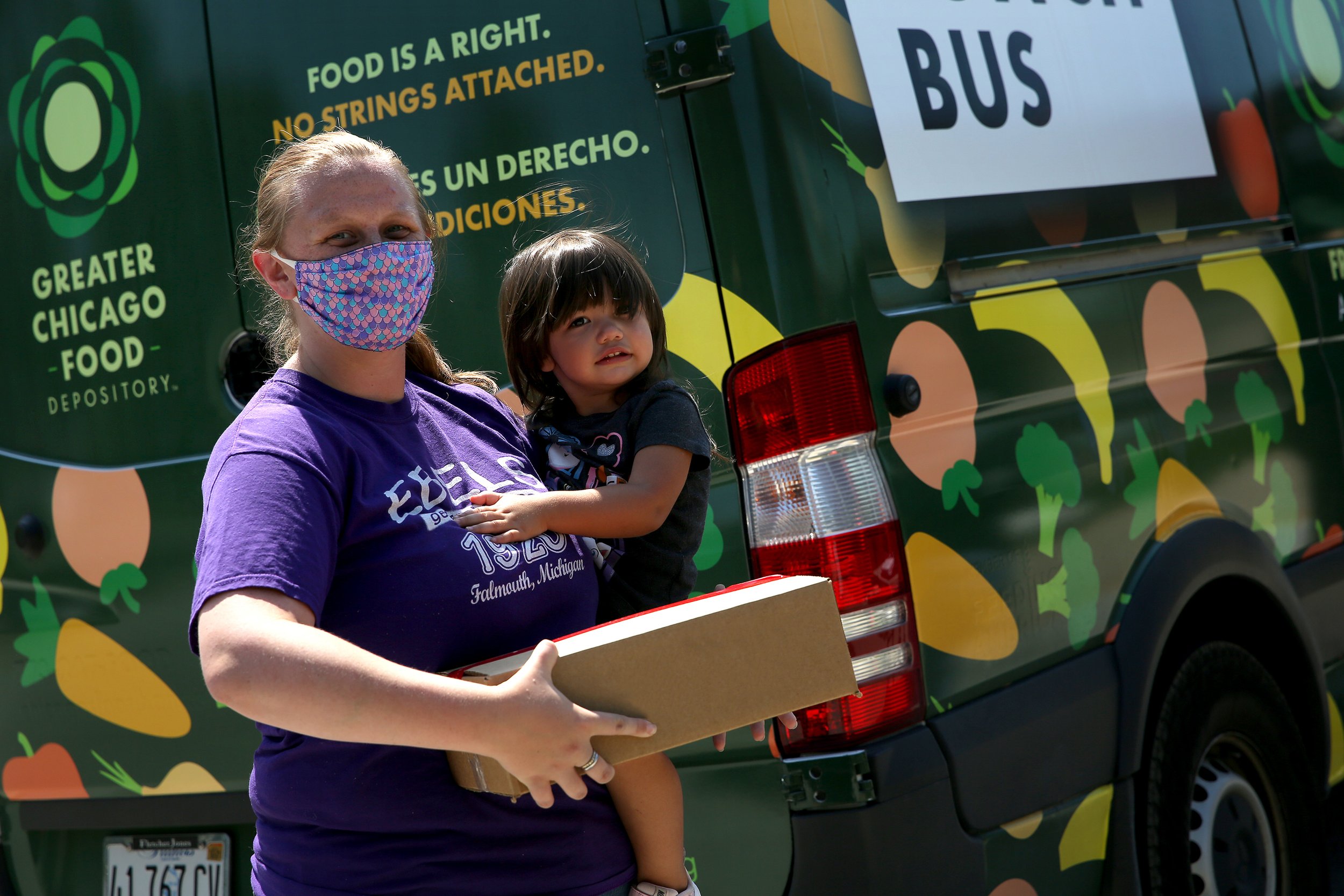
STRENGTHENING COLLABORATION
Working together better can improve awareness of food assistance programs and ensure that all doors lead to the programs people need.
Ending hunger requires the efforts of multiple stakeholders, so it is essential that we collaborate to maximize our collective impact.
Collectively we must better coordinate our efforts to raise awareness of nutrition programs and emergency food programs — what programs are available, who is eligible, and how to apply for and access them. Community-based organizations are trusted partners in their communities. To help get the message out to people, state agencies should leverage community-based organizations, and not just those involved in food assistance.
The Collaboration Working Group is working across State agencies and community-based organizations to advance strategies to improve awareness of food assistance programs and ensure that all doors lead to the programs people need.
WORK GROUP RECOMMENDATIONS
Develop client-focused marketing materials for use by public and private stakeholders statewide to help inform clients about what nutrition programs are available to them
Provide website landing page for marketing campaign materials to provide more detailed program information and connect clients with where to go to apply
Develop public-private dissemination campaign alongside community-based organizations for marketing materials to provide resources that help stakeholders connect clients with nutrition programs
Identify best practices for data sharing and data matching to support cross program promotion and enrollment
Create a one-stop, no wrong door entry point with comprehensive nutrition program eligibility and enrollment information, including referrals to the emergency food system
PROGRESS
The Working Group is conducting a “crosswalk” of applications for benefits to identify overlapping requirements. This will help inform conversations about creating a one-stop, no wrong door entry point or inter-agency website with comprehensive nutrition program eligibility and enrollment information.
Collaboration Work Group
-
Secretary Grace Hou*
Illinois Department of Human ServicesJill Edelblute*
YMCA of Metropolitan ChicagoPaula Basta
Illinois Department on AgingGina Cleggs
Catholic CharitiesMarc Smith
Illinois Department of Children and Family ServicesJenny Aguirre
Illinois Department of Healthcare and Family ServicesLuvia Quinones
Illinois Coalition for Immigrant and Refugee RightsMark Haller
Illinois State Board of EducationRobert Biekman
Northern Illinois Conference of the United Methodist ChurchSenator Sue Rezin
Illinois General AssemblyNiya Kelly
Chicago Coalition for the HomelessAmy Susan Brown
CRIS Healthy Aging CenterMatt Wakely
Northern Illinois Food BankKatharine Gricevich
Illinois Student Assistance CommissionLeslie Cully
Illinois Department of Human ServicesAngie Imhoff
Illinois Department of Human ServicesStephanie Bess
Illinois Department of Human ServicesColleen Burns
Greater Chicago Food DepositoryZoe Andorka
Greater Chicago Food DepositoryLindsay Blough
Illinois State Board of EducationRobert Baren
Office of Illinois Lt. Governor Juliana Stratton*Co-chair
EXECUTIVE SUMMARY
From Food Insecurity to Food Equity, A Roadmap to End Hunger in Illinois
FROM FOOD INSECURITY
TO FOOD EQUITY:
A Roadmap to End Hunger in Illinois
An action plan to make meaningful progress against hunger by better connecting people to food programs and promoting equitable access to food.

